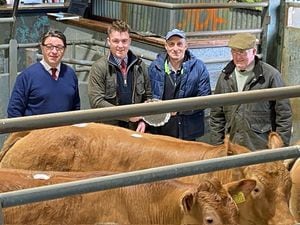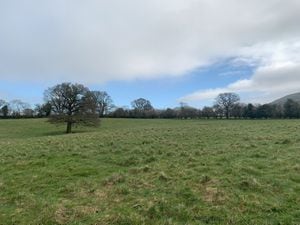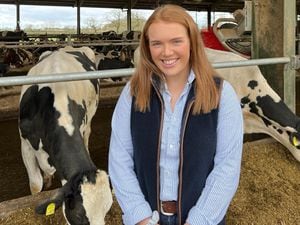Getting the paperwork sorted as spring approaches
The proverb tells us that March arrives like a lion and leaves like a lamb.

With the heavy snowfall in the first days of the month, it was most certainly still winter, but is spring just around the corner? Only time will tell.
In the meantime, although lambing is in full flow for many and calving lies around the corner, the administrative burden on farming has also ramped up with the window for claiming the EU Direct Payment: Basic Payment Scheme opening. Closing date is midnight on May 15.
The recent publication of the DEFRA consultation introduced by the Environment Secretary, Michael Gove, has the potential to see more divergence for those in England and Wales, with specific aspects of the consultation being in reference to ‘England only’.
The English paying agency, the Rural Payments Agency, has already announced changes to the “active farmer” test for 2018 in accordance with amendments allowed further to European Regulation amendments as of January 1 this year. The Welsh payment agency RPW, to date, seem to be continuing to follow the original active farmer EU rules.
The publication of the consultation has already had an impact on the trading of entitlements in 2018. Any trading transaction must be completed by April 30 if it is to take effect in the scheme year 2018.
While we may all speculate with what will happen in the future, the reality for now is claiming within current rules. The EU has banned the application of Plant Protection Products on fallow and nitrogen fixing crops when declared as Ecological Focus Areas.
In practical terms this means that these products cannot be used on nitrogen fixing crops from sowing through to harvest, while the ban on fallow land will apply during the EFA fallow period which runs from February 1 to 31 July 31. The use of fallow land has also changed, meaning that whatever grows during the fallow period cannot be utilised in the farm business. In practical terms this means that farmers are no longer able to graze or take a harvest from the fallow land. Instead the growth may only be cut and left to rot on the ground on which it falls.
A further notable change introduced from 2018 relates to the Young Farmer scheme. Previously a young farmer could claim, subject to eligibility criteria relating to age, additional support for up to five years from taking over as the head of holding. From 2018, the clock starts ticking from the date of first application.
Emphasis throughout the exercise is placed on evidence and the timely submission of that evidence. Please pay attention to the small print of the scheme rules.
Karen Anthony, Agri Advisor consultant





